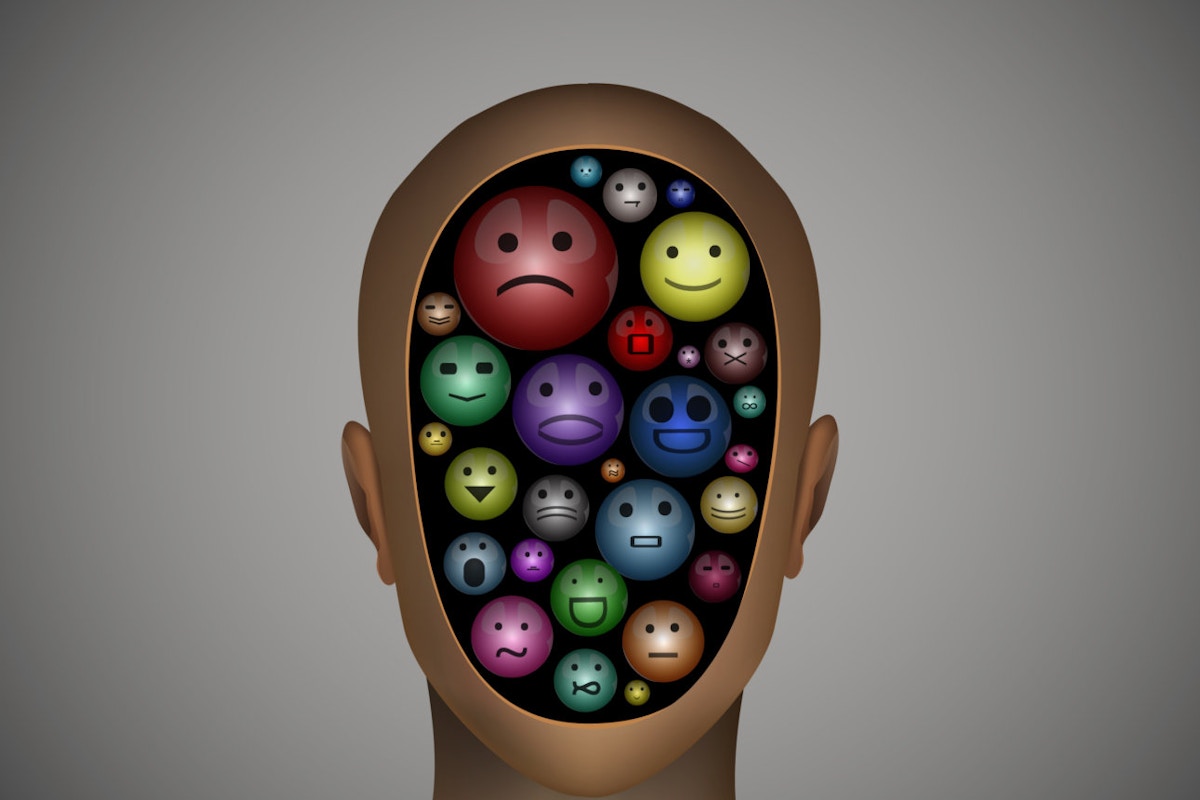
We talk of brand-building, building future demand, and connecting emotionally, but why is emotion important?
You can go back to when flight and fight was a daily challenge.
Is it a useful resource or a threat to my existence?
Being able to spot the difference quickly was paramount.
If we couldn’t find food, we’d be OK for a day or three, but if we didn’t spot the predator, we’d be dead.
Therefore, our emotions direct our attention.
We evolved to have active and passive attention to ensure we didn’t waste energy running from something useful or missing the lion about to make us a meal.
Active attention is slow, deliberate, and focused on a specific thing – hunting, gathering, or finding the right product (in more modern times).
Passive attention is fast and automatic and keeps a lookout over everything while we’re doing something else. It’s sure as shit doing its thing but in the background.
Because of this, we are hard-wired to give attention to emotional things.
Professor Karen Nelson Field from Amplified Intelligence, amongst others, has shown that emotion drives attention.
Advertising that triggers emotion (good or bad) receives more attention.
Thank you, Karen.
Emotional ads create greater attention, which builds stronger memories.
Emotional stimuli are deeply processed in the amygdala, a region in the lower levels of the temporal lobe.
The amygdala, known as the brain's "emotion centre," is located near the hippocampus, the "memory centre.”
Just a short step next door for emotion to be stored in the old memory box for future use.
You remember to run from the lion or that berry is tasty and didn’t kill me.
Just like you remember that brand.
It’s familiar, you like it, and it’s a brand for you, so you are more inclined to buy it and, hopefully, it again the time after that if it meets your needs.
Emotional ads create greater attention, which builds stronger memories.
Emotional advertising does a much better job of embedding a brand in the minds and memories of its audience.
Emotion also helps things get shared, as what you find emotional, you’re sure those you’re connected with will feel the same, and making them feel good makes you feel good, and you all remember the brand, which makes the marketers of the brand feel good.
So, how are brands doing?
The research firm System1, which tests thousands and thousands of ads, has found that over half of all advertising they have tested created no emotional reaction at all. Zippo.
Thanks, System1.
You may be saying that it doesn’t matter so much for retail ads, but most people are not buying most things most of the time, so emotion and building attention, which creates memories that prime future buyers, should be a must for every B2B and B2C brand.
Surely.
Also, if most ads are ignored, bringing emotion would help.
Even in activation and retail communications, you could bring emotion to help get greater attention.
Humour could be a great addition.
By highlighting how your great offer or product will make the buyer feel, you can make them feel understood, valued and excited about it.
Remember, we are hard-wired to pay attention to emotions, so you should use them.
It would help if you affected people to ensure your advertising is more effective.
Your CEO and CFO will thank you when they see the business and profits grow.
